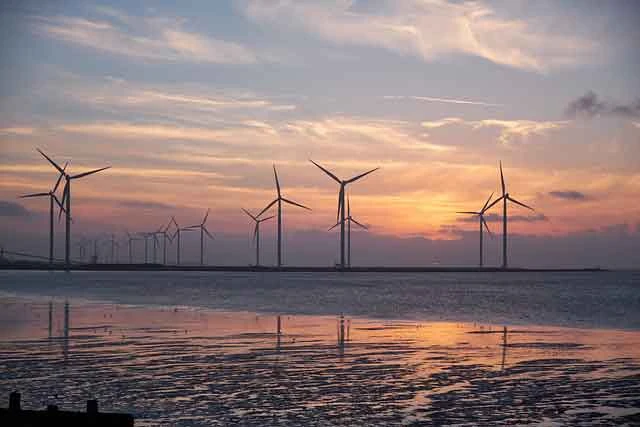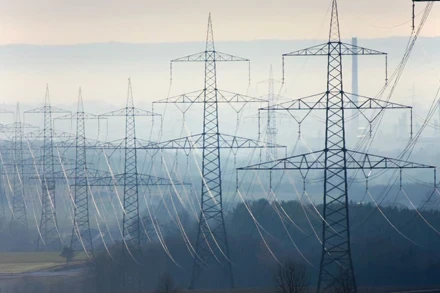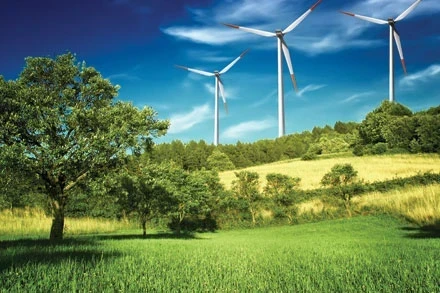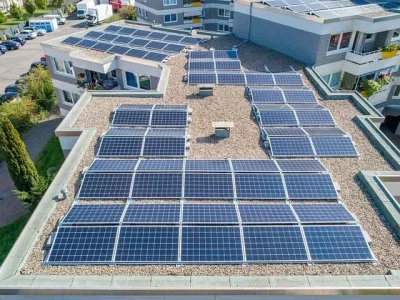Trump Administration Halts Construction of New York Offshore Wind Project

In a significant policy shift, the Trump administration has ordered a halt to the construction of the Empire Wind 1 offshore wind project off the coast of Long Island, New York. This move has raised concerns about the future of renewable energy development in the United States, particularly in states like New York that are heavily invested in offshore wind initiatives.
Background of the Empire Wind Project
The Empire Wind 1 project, developed by Norwegian energy company Equinor, is a fully permitted offshore wind farm with a capacity of 810 megawatts. Located approximately 15 to 30 miles southeast of Long Island, the project spans roughly 80,000 acres and is expected to power over 500,000 homes upon completion. Construction had already commenced, with the project slated to begin operations in 2026.
Despite receiving all necessary federal approvals under the Biden administration, including a comprehensive Environmental Impact Statement and a Construction and Operations Plan, the Trump administration issued an executive order on January 21, 2025, suspending new federal offshore wind leases and permitting. The order also directed the Bureau of Ocean Energy Management (BOEM) to review existing leases, including those for the Empire Wind project, potentially leading to amendments or cancellations.
Implications for Renewable Energy Development
The suspension of the Empire Wind 1 project has broader implications for the renewable energy sector. New York's climate law mandates that the state achieve 70% renewable electricity by 2030 and 9 gigawatts of offshore wind capacity by 2035. The Empire Wind 1 project was a critical component of this strategy, and its delay or cancellation could jeopardize the state's ability to meet these ambitious targets.
Industry experts have expressed concerns that the halt could undermine investor confidence in U.S. renewable energy projects. Liz Burdock, CEO of the Oceantic Network, stated that preventing a permitted and financed energy project from moving forward sends a clear message to businesses that their investments in the U.S. may not be secure.
Legal and Political Reactions
The decision has prompted legal challenges from various stakeholders. Equinor, along with other developers, is considering legal action against the federal government, arguing that the halt violates existing contracts and undermines the regulatory certainty necessary for large-scale infrastructure projects. Additionally, a coalition of 17 states and the District of Columbia has filed a lawsuit against the Trump administration, alleging that the executive order unlawfully disrupts state efforts to expand renewable energy infrastructure and meet climate goals.
Politically, the move has intensified the debate over the future of energy policy in the U.S. Proponents of renewable energy argue that the suspension is a setback in the fight against climate change and could hinder economic growth in states committed to green energy initiatives. Conversely, supporters of the administration's policy contend that a thorough review of offshore wind projects is necessary to ensure environmental protections and national security.
The Trump administration's decision to halt the Empire Wind 1 project marks a pivotal moment in the U.S. energy landscape. As legal battles unfold and political discourse intensifies, the outcome of this situation will likely have lasting effects on the trajectory of renewable energy development in the country. Stakeholders across the political spectrum will be closely monitoring how the federal government balances environmental concerns, economic interests, and the nation's energy future.







